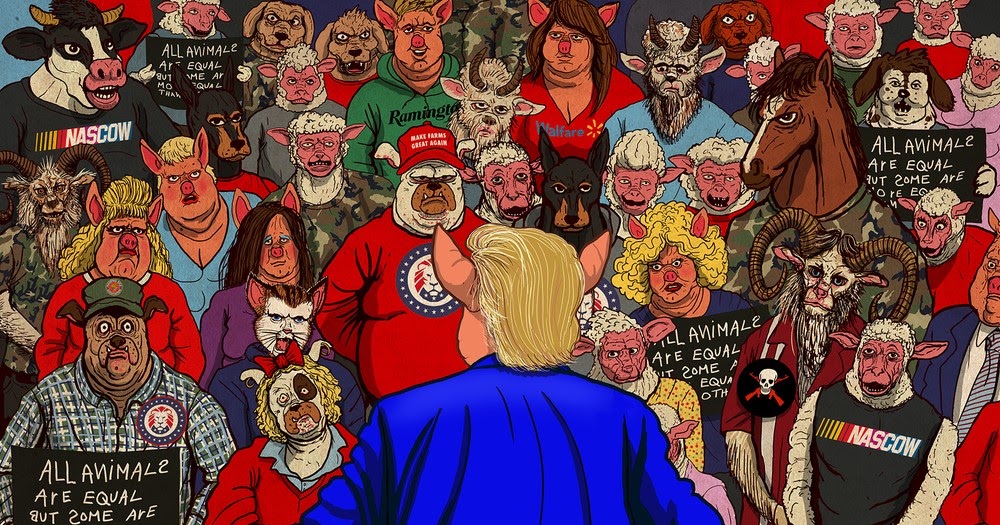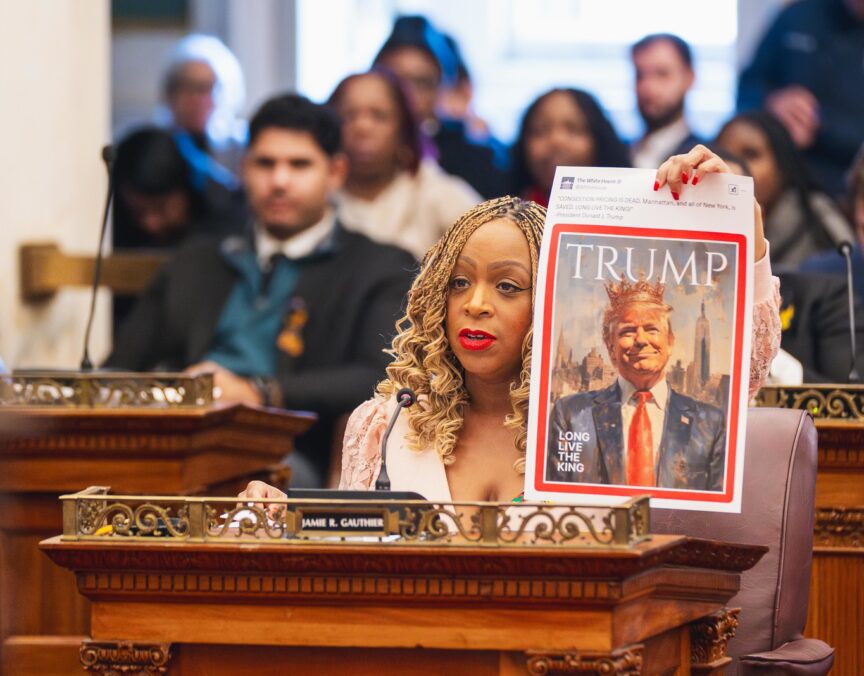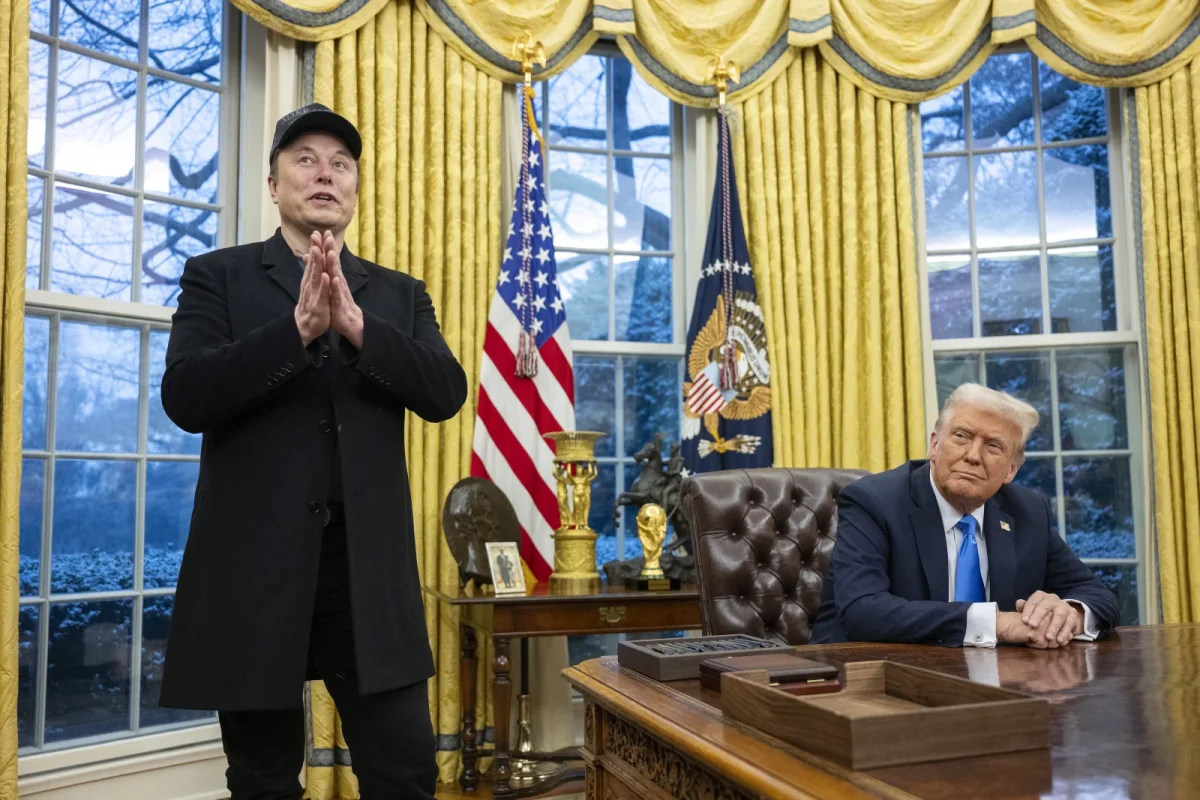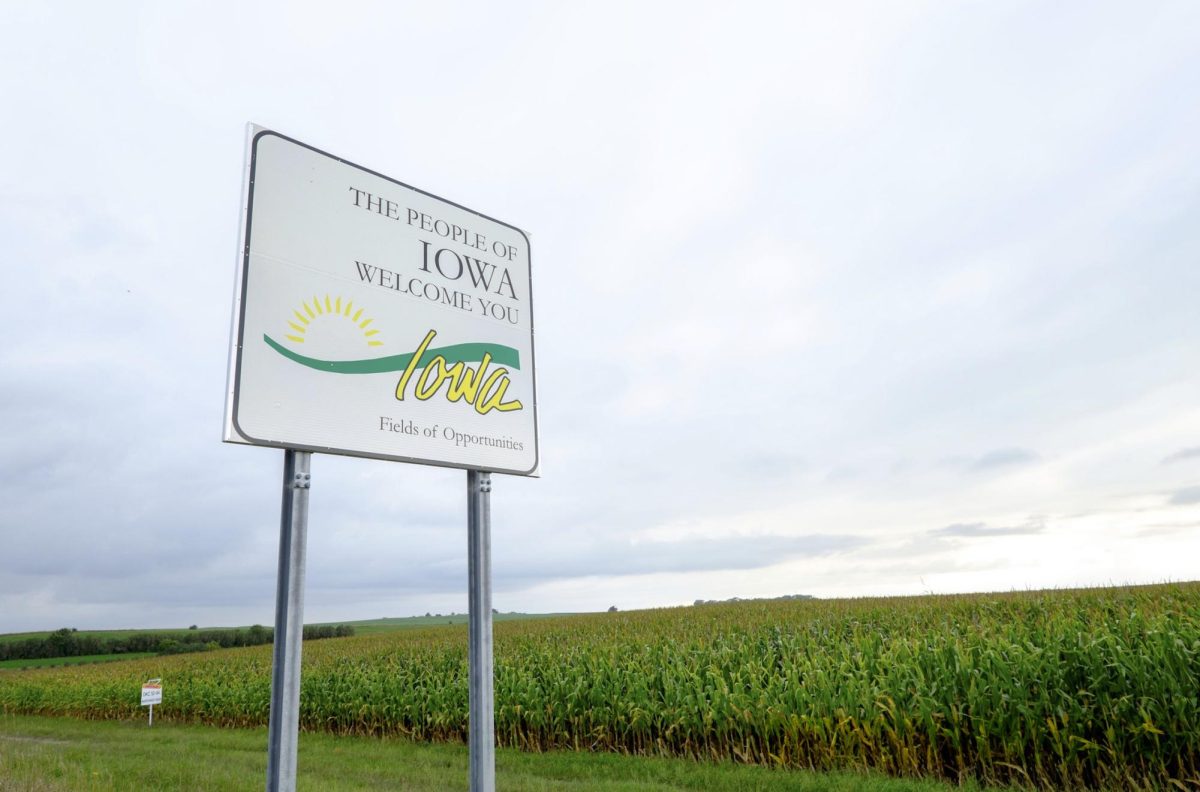Our nation is under fire – on Jan. 8, 2011, at a meet-and-greet in Tucson, Arizona, Representative Gabrielle Giffords, along with her constituents, became a physical target of hatred. Jared Lee Loughner killed six people and wounded 13 in a vengeful act of violence that left the country in saddened awe.
President Barack Obama addressed a mourning country with the assurance that the victims would be proud to see “more civil and honest public discourse [that] can help us face up to our challenges as a nation.” Honest political discourse has been absent from current political campaigns, most of which have become a spiteful game of survival of the fittest. Political debate has slowly blurred the lines between personal lives and politically relevant issues.
Discourse is now crude, focusing on criticism of the politician instead of policies. Unclear and combative messages such as these feed the fire and become excuses for citizens like Jared Loughner, who have been influenced by the destructive messages that politicians throw at each other.
CNN Politics has recently been flooded with headlines such as “Gay Conservatives Target Democrats in Ad Campaign” and Politico has covered stories such as “Too Old to Run?” referring to John McCain’s bid for presidency in 2007. Presidential campaigns are a merciless battle for power that leaves the people unprotected and wounded. While politicians bicker there way through campaigns, their constituents struggle to see through the smoke and the mirrors that both mass media and the politicians themselves set up.
Citizens often lose their way through the maze of rhetoric and often useless aggression, unable to sort through indistinct messages. Politicians should be able to break down their opponent’s ideas and views to better understand them, without having to break down their opponent’s person and political figure.
The United States is founded upon freedoms: freedom of religion, assembly, petition, press, and freedom of speech. We at Saint Louis University are responsible for exercising that power through the upcoming Student Government Association elections.
We are college students, accountable for both our actions and decisions. We are beginning to learn and practice our roles as voting citizens. SGA elections are a call to responsibility.
We must look beyond the person to better understand the issues that affect us. We are capable of reasoning through façades, like someone who put on glasses for the first time. We must learn to see clearly, and be open and willing to listen and learn while pushing for progress.










